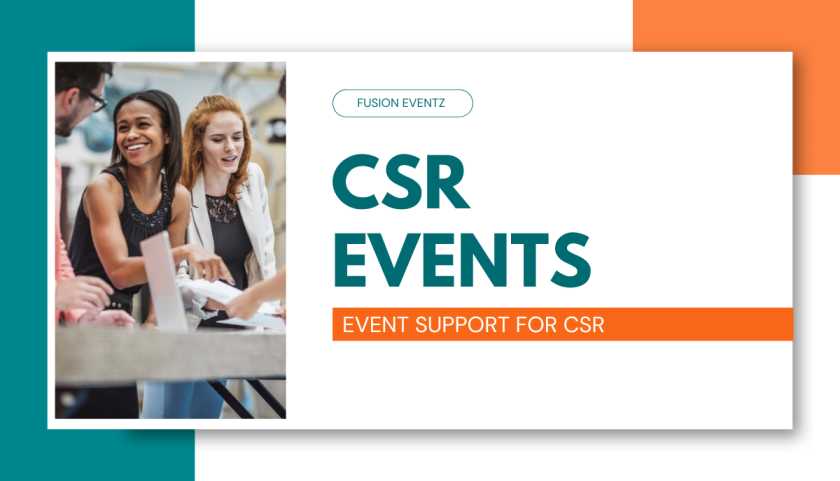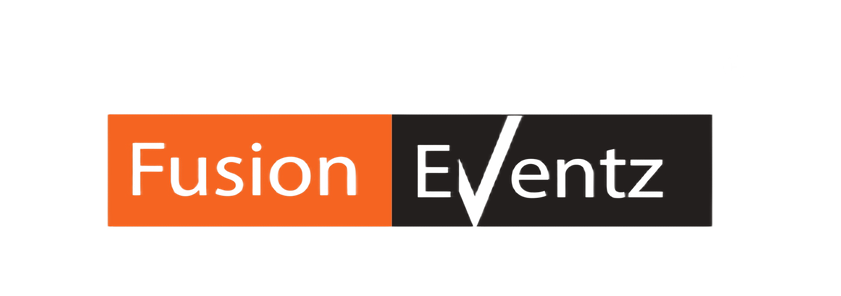Top Corporate Event Management Companies in Bangalore

Event management is like orchestrating a symphony. It’s the comprehensive process of planning, organizing, and executing an event. Think of it as the overarching strategy that brings all the elements together. Here’s what it involves:
Event Production: Crafting the Experience
Event production is the art of crafting the event experience itself. It’s about the visual and sensory elements that make an event memorable. Event producers focus on:
While event management and event production are distinct roles, they are interconnected and complementary. Think of event management as the logistical foundation that supports event production’s creative vision. Successful events often involve a harmonious collaboration between skilled event managers and creative event producers.
Whether you’re planning a corporate conference, a weddings, Kids Carnivals or a music festival, understanding the difference between event management and event production is key to delivering a seamless and unforgettable experience for your attendees.
Why Social Media Matters for Event Planners
1. Building Buzz and Anticipation
Before an event even begins, social media is a powerful way to generate excitement and buzz. By sharing teasers, behind-the-scenes content, and countdowns, you can create a sense of anticipation that keeps your audience engaged. Use platforms like Instagram Stories, Facebook Posts, and Twitter updates to regularly share updates and interact with potential attendees.
Key Points:
- Teasers and Announcements: Share engaging visuals and snippets about your event to spark curiosity.
- Countdowns: Use countdown features on Instagram and Facebook to remind followers of the event date.
- Behind-the-Scenes Content: Give a glimpse into the planning process to build a connection with your audience.
2. Creating Engaging Event Pages
Creating a dedicated event page on platforms like Facebook, LinkedIn, or Eventbrite can centralize all information about your event. Ensure that the page is visually appealing and informative, providing all the necessary details such as date, time, location, and registration links.
Key Points:
- Event Details: Clearly list event specifics and include a call-to-action (CTA) for registration.
- Visuals: Use high-quality images and videos to attract attention and convey the event’s atmosphere.
- Updates: Regularly update the event page with new information, reminders, and special announcements.
3. Utilizing Hashtags and Keywords
Hashtags are essential for increasing the visibility of your event on social media. By creating a unique event hashtag, you can encourage attendees to share their own posts and follow the conversation. Research and use relevant hashtags related to your event’s industry or theme to reach a broader audience.
Key Points:
- Unique Hashtags: Create a branded hashtag specific to your event for easy tracking and engagement.
- Relevant Hashtags: Use industry-specific hashtags to connect with a targeted audience.
- Monitoring: Track hashtag performance and engage with posts that use your hashtag.
4. Engaging with Your Audience
Engagement is crucial for building relationships with your audience. Responding to comments, answering questions, and interacting with followers helps build a community around your event. Active engagement not only enhances your event’s visibility but also fosters a loyal and enthusiastic audience.
Key Points:
- Respond Promptly: Address questions and comments quickly to show your attentiveness.
- Interactive Content: Use polls, Q&A sessions, and live streams to encourage participation.
- Personalized Responses: Tailor your responses to make interactions feel more personal and genuine.
5. Leveraging Influencer Partnerships
Partnering with influencers can amplify your event’s reach and credibility. Identify influencers who align with your event’s theme and audience, and collaborate with them to promote your event. Influencers can provide authentic endorsements and generate interest among their followers.
Key Points:
- Identify Influencers: Choose influencers whose audience matches your target demographic.
- Collaborate on Content: Work with influencers to create engaging content that promotes your event.
- Track Impact: Measure the effectiveness of influencer partnerships through engagement metrics and conversions.
6. Real-Time Updates During the Event
Social media is invaluable for providing real-time updates during your event. Live-tweeting, posting Instagram Stories, and streaming on Facebook Live can help keep attendees engaged and informed. Real-time updates also allow those who couldn’t attend to follow along and experience the event virtually.
Key Points:
- Live Coverage: Use live streaming and real-time posts to showcase key moments and activities.
- Engage Attendees: Encourage attendees to share their experiences using your event hashtag.
- Monitor Feedback: Keep an eye on social media mentions and feedback to address any issues promptly.
7. Post-Event Promotion and Engagement
After the event, social media remains a powerful tool for maintaining engagement and showcasing your event’s success. Share highlights, testimonials, and thank-you messages to keep the conversation going. Post-event content helps build lasting impressions and can provide valuable insights for future events.

